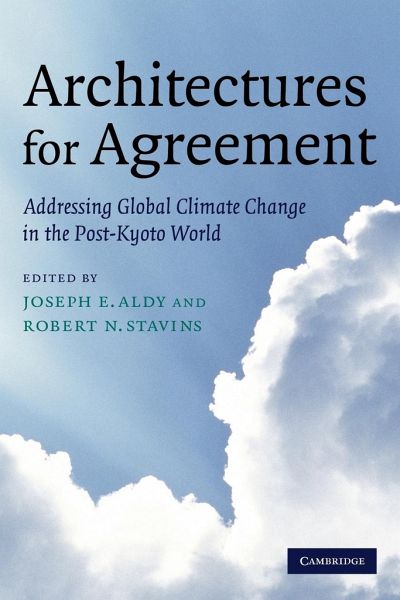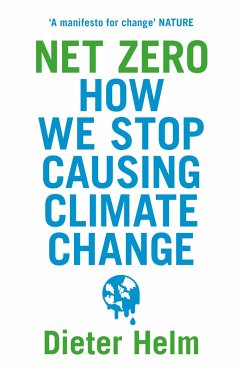
Architectures for Agreement
Addressing Global Climate Change in the Post-Kyoto World
Ed. by Joseph E. Aldy and Robert N. Stavins
Versandkostenfrei!
Versandfertig in 1-2 Wochen
50,99 €
inkl. MwSt.
Weitere Ausgaben:

PAYBACK Punkte
25 °P sammeln!
The Kyoto Protocol serves as an initial step through 2012 to mitigate the threats posed by global climate change. A second step is needed, and policy-makers, scholars, business people, and environmentalists have begun debating the structure of the successor to the Kyoto agreement. Architectures for Agreement offers the reader a uniquely wide-ranging menu of options for post-Kyoto climate policy, with a concern throughout to learn from past experience in order to maximize opportunities for future success in the real, âsecond-bestâ world.














